Ms. To Thuy Diem Quyen, Education expert, founder, CEO of InnEdu, answered VTC News reporter regarding the issue of the Ho Chi Minh City Department of Education and Training requiring "teachers not to test lessons at the beginning of class by rote learning or asking random questions".
- What do you think about the information that the leaders of the Department of Education and Training of Ho Chi Minh City asked teachers to stop testing at the beginning of class in the form of rote questions and random questions?
According to the modern educational perspective, firstly, the Ministry of Education and Training launched the 2018 General Education Program to teach capacity development, not to teach knowledge transfer. Therefore, the request of the Department of Education and Training of Ho Chi Minh City is completely correct in terms of science, law and educational methods.

to thuy diem quyen.jpg
There are hundreds of teaching techniques and methods that are much more effective than calling out names and then asking questions.
Expert To Thuy Diem Quyen
Calling students up to check their homework at the beginning of class causes stress for students, does not bring about the expected educational effect, and that testing method only tests knowledge at the lowest level of thinking, which is memorization.
Meanwhile, today, teaching must achieve 6 levels of cognition including level 1 memorization, level 2 understanding, level 3 application, level 4 analysis, level 5 synthesis and level 6 evaluation. A modern teaching process must achieve all 6 levels of cognition.
Calling students to answer questions causes stress for students and only achieves level 1, creating stress for students is unnecessary and unscientific. Therefore, for a long time, the Department of Education and Training of Ho Chi Minh City has had training programs for teachers on teaching methods, helping teachers see that besides answering questions, there are hundreds of other methods to test and evaluate their students.
The request of the Department of Education and Training of Ho Chi Minh City is just to reaffirm the scientific method. Those who oppose it may not fully understand the active teaching method, the educational orientation of the Ministry of Education and Training as well as the global educational orientation.
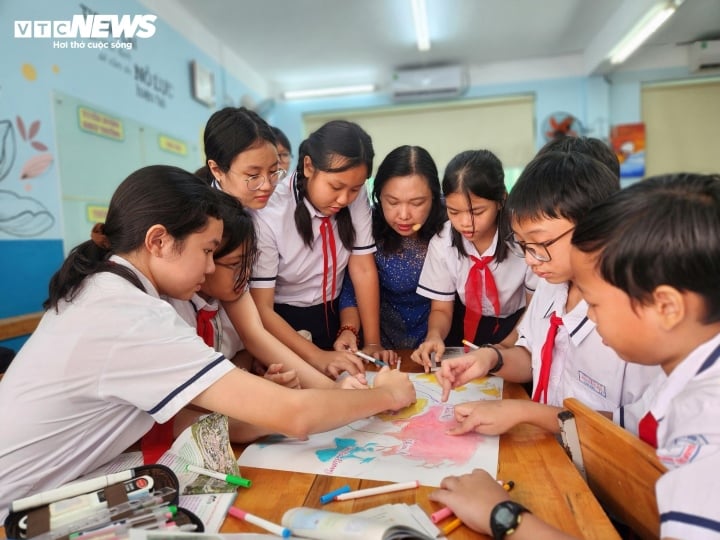
Students of Nguyen Du Secondary School (District 1, Ho Chi Minh City).
- However, some people think that checking and testing should still be applied depending on the students and the subject. What do you think about this issue?
First, we must understand that it comes from what is the goal of education? Is it to make students memorize all the basic knowledge in textbooks or to train children to have capacity, qualities, and skills?
Therefore, memorizing that knowledge does not create capacity for children but is turning them into... "parrots".
Therefore, the above comments are from people who do not understand correctly the educational philosophy of the 21st Century.
The educational philosophy of the 21st century is to aim at forming human capacity and qualities to prepare future labor skills, not to memorize knowledge from books.
Nowadays, information and knowledge are everywhere, children do not need to learn by heart anymore.
That view was before the Internet was born, but now information technology has developed so much, Chat GPT was born, it may not even be necessary to teach students basic knowledge anymore, but to orient and guide them to learn and research on their own.
- Some people think that the form of giving test helps students train their psychology, endure psychological pressure, and practice the ability to stand in front of a crowd?
The purpose of calling people to recite in front of a crowd is to test knowledge, not to train the mind. Because training the mind is training the ability to speak in front of a crowd. We have other ways of organizing that are more scientific and more effective.
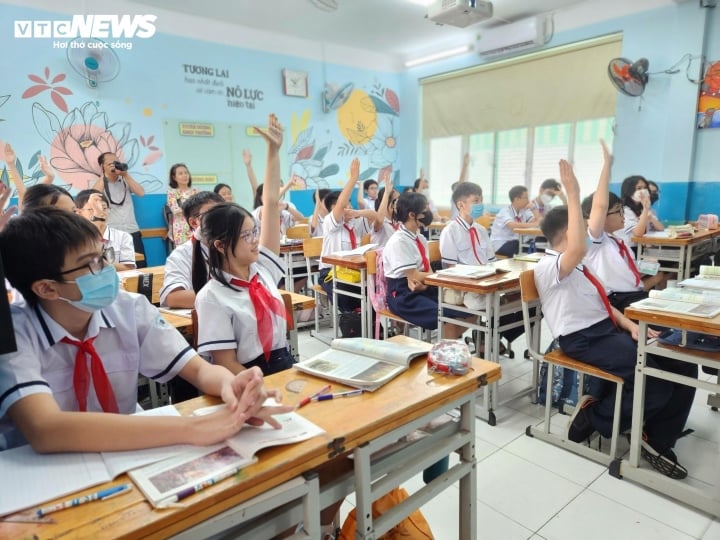
Students are interested in new content at the beginning of class.
- So why should we change the way we evaluate and test students?
When you want to change the results, you need to change the goals and change the evaluation method, change the approach to change the results.
- If we don't apply the old form of testing, how can teachers change the testing and assessment methods, madam?
Those who think that "no more quizzing, no more knowledge testing" show that their teaching methods have problems. Whether it is Natural Science or Social Science, there are ways to test students' knowledge and abilities.
For example, we have the following groups of solutions to be able to test students' knowledge.
Group 1: Using information technology. Instead of calling students to answer questions, teachers can let students play games, in which there are parts that help test students' knowledge.
Group 2: Group of teaching techniques and methods, for example the "ball bearing" teaching technique.
The "ball bearing" technique is a technique used in group discussion, in which students are divided into two groups sitting in two concentric circles like two rings of a ball bearing and facing each other to create conditions for each student to be able to talk to students in the other group in turn.
Accordingly, students stand facing each other in pairs, every 1-2 minutes they give a signal for the students in the inner circle to move to the right to meet another friend.
This way, students can test each other comfortably and happily. In addition, this method allows us to test many students at the same time.
Or the "fishbowl" technique, let some students volunteer or represent to go in the middle, to debate with each other, the surrounding students will listen.
Or the technique of debating with experts. Some students will volunteer to become experts and the students at the bottom will become the questioners.
Students question each other and the student role is completely active. There are hundreds of techniques and teaching methods that are much more effective than calling out names and then asking questions.
That is an extremely backward, unscientific and unpsychological way of learning.
- So what is the role of schools and teachers in innovating this method?
The role of the leader is to first provide teachers with suggestions, new methods and to replicate teachers who have had achievements and effective experiences with changing teaching methods.
As for teachers, I hope they stop complaining. Instead of complaining, we have to change to positive thinking, look for solutions, look for them from friends and colleagues.
Because in the current context, everyone, including parents, schools, and society, must change to adapt to the changes of the world and education must also change accordingly.
- According to you, what benefits will students get from the innovation of testing methods?
In the book Brain Laws by Dr. Jonh Media, there is a rule number 12, which is the rule of discovery. It means that when a child is placed in a proactive context in his learning, that learning becomes much more effective. It is the trend of the world when taking the role of the learner as the center.
And when learners are proactive in the learning process, they will see learning as a joy, a hobby, a right, not an obligation anymore.
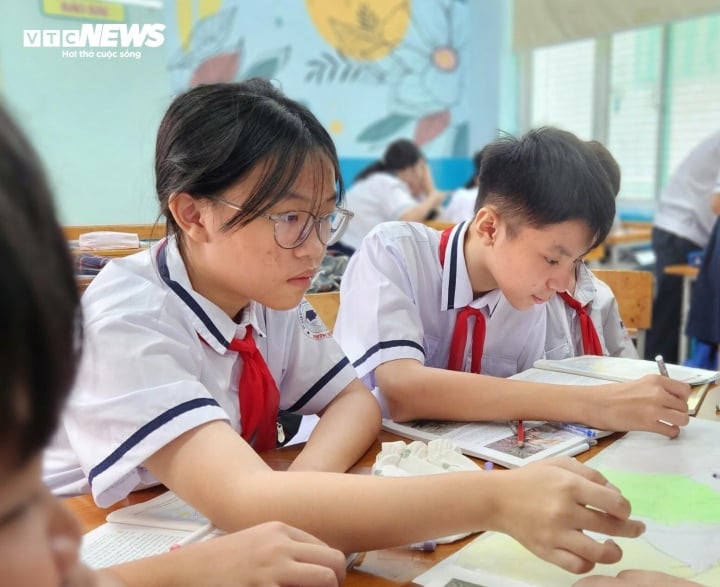
Students work in groups during class. (Illustration photo)
- So, in your opinion, does changing the method of testing at the beginning of class accurately reflect the knowledge that students have?
There are many methods of student assessment, for example, regular assessment during group discussions and group work can be assessed and there are different levels of assessment.
For example, when students are discussing in groups, some students just sit and listen, some will discuss very enthusiastically, some will come up with new creative ideas or will come up with solutions to implement those ideas.
Thus, right from the group discussion, we have assessed the level of task completion of each student.
That assessment will describe to students how far they have achieved, guide students to strive to develop themselves better, not assess to classify and rank.
In addition, there are periodic assessments, assessments in which students evaluate each other, assessments that not only evaluate results but also evaluate the process, evaluate the efforts of each individual.
- From the perspective of an education expert, can you share your personal opinion on this issue?
My starting point is a normal secondary school Chemistry teacher, 99% of what I have comes from personal experience and self-study.
Then all teachers can have personal experience and self-study. Instead of complaining, they look for solutions, willing to share solutions with everyone.
Thank you!
Lam Ngoc
Source









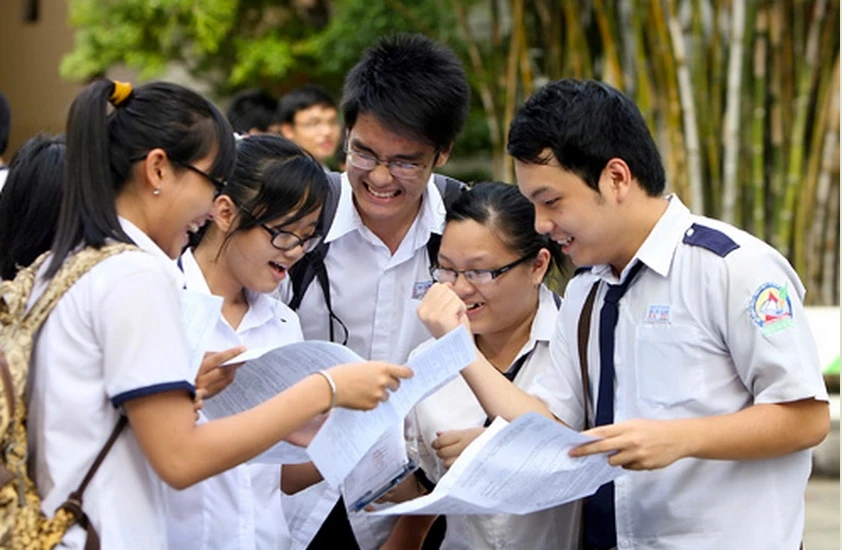

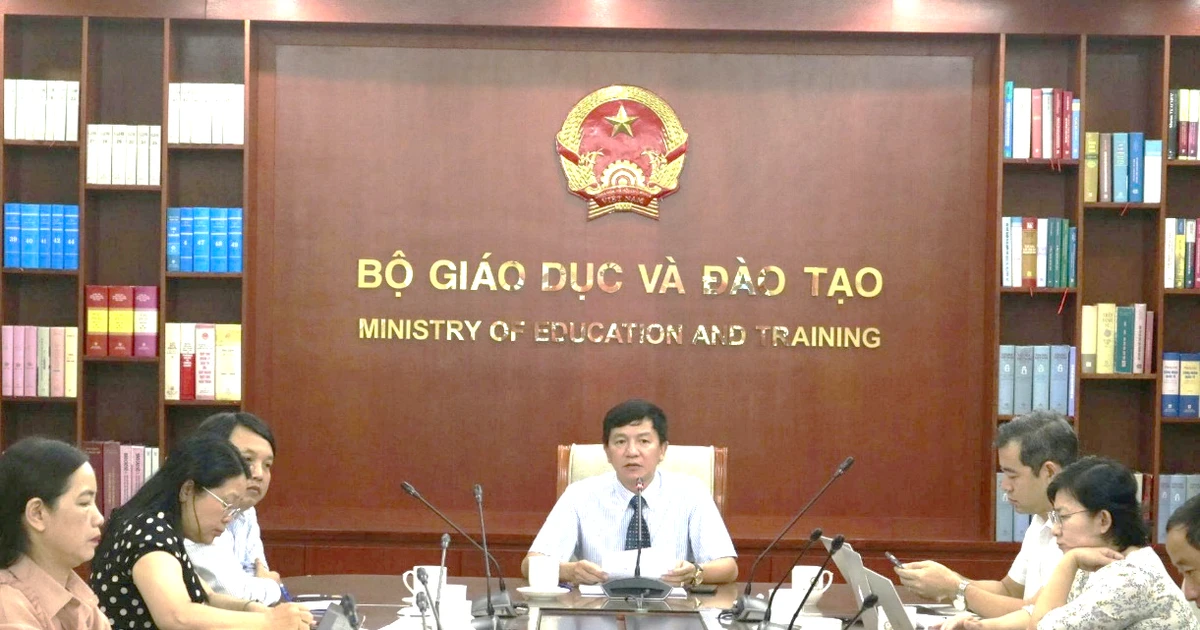

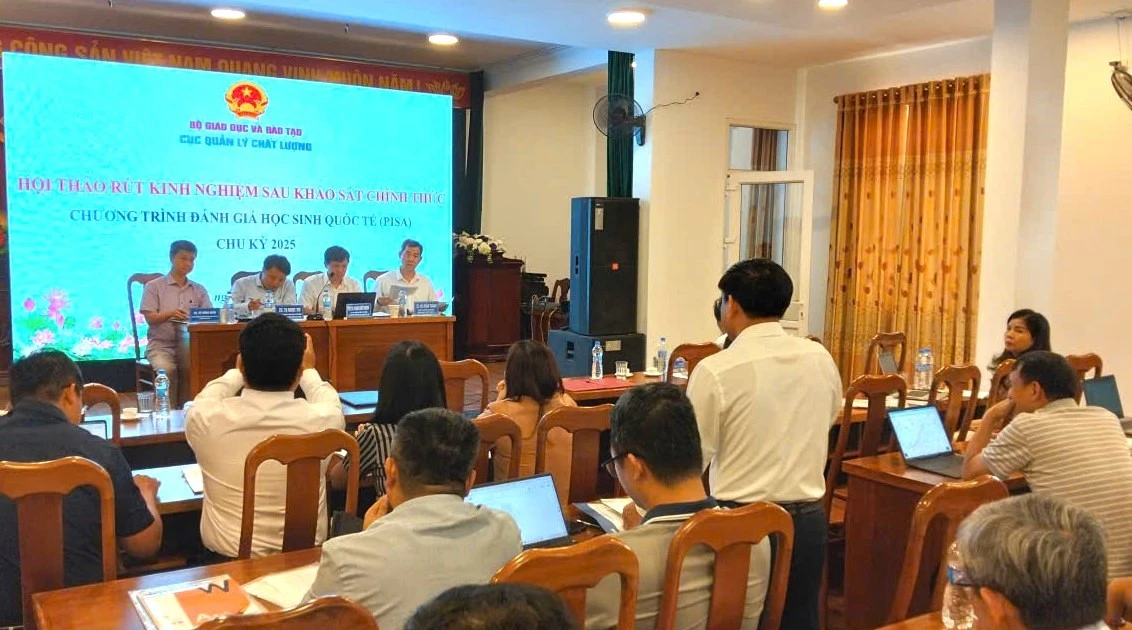
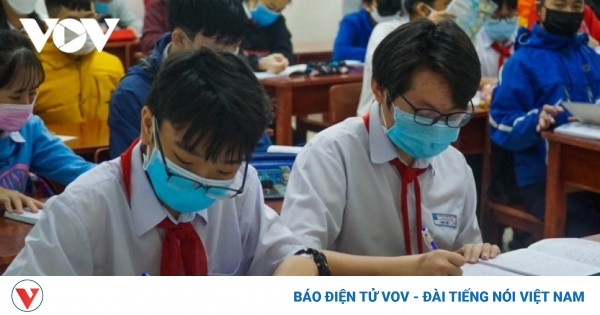

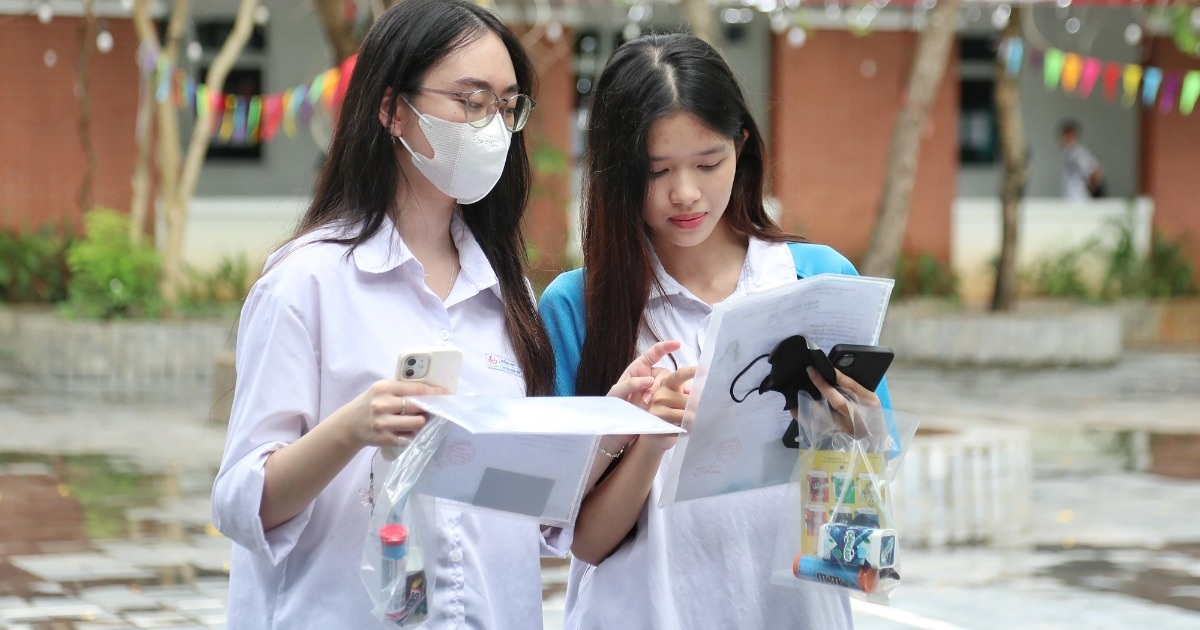

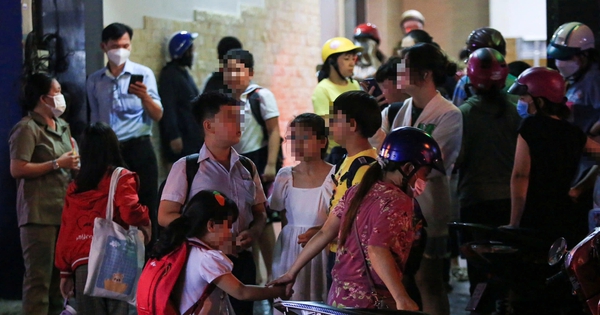

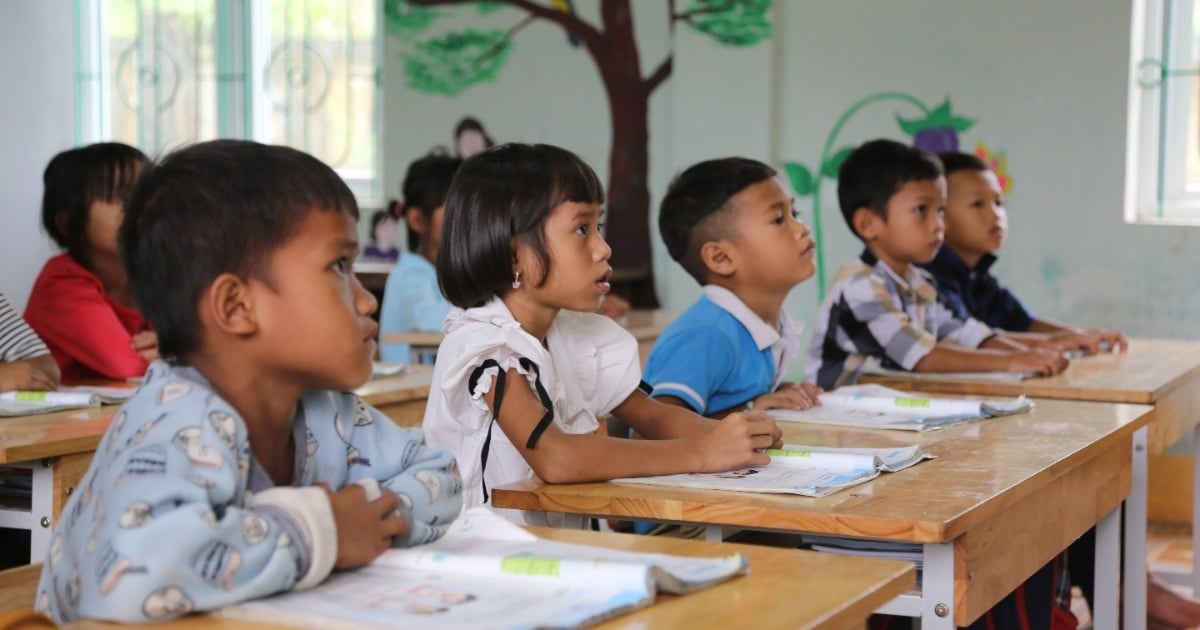

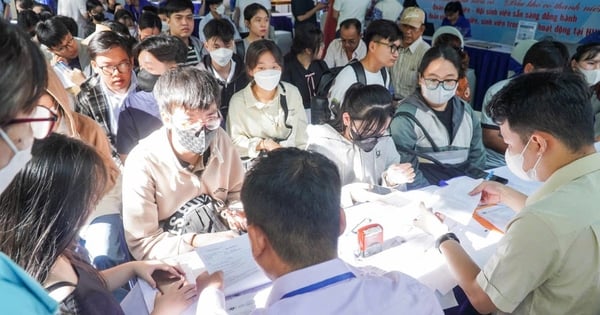



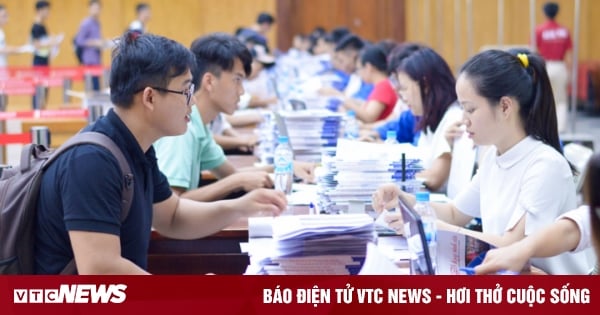







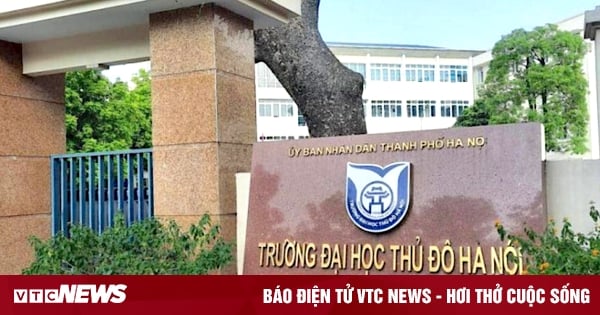

























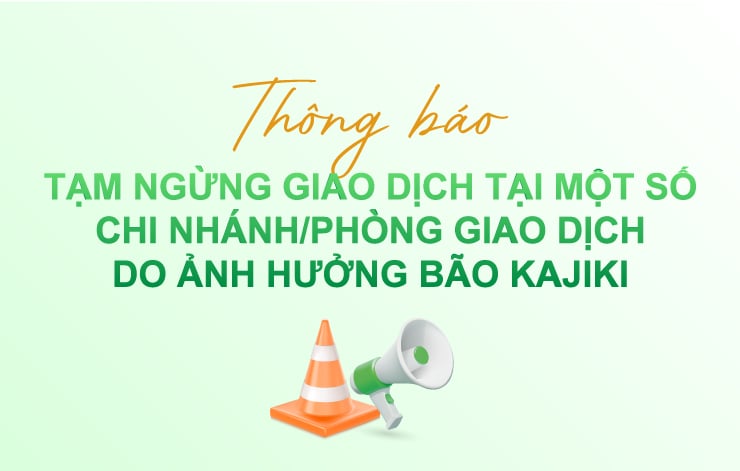
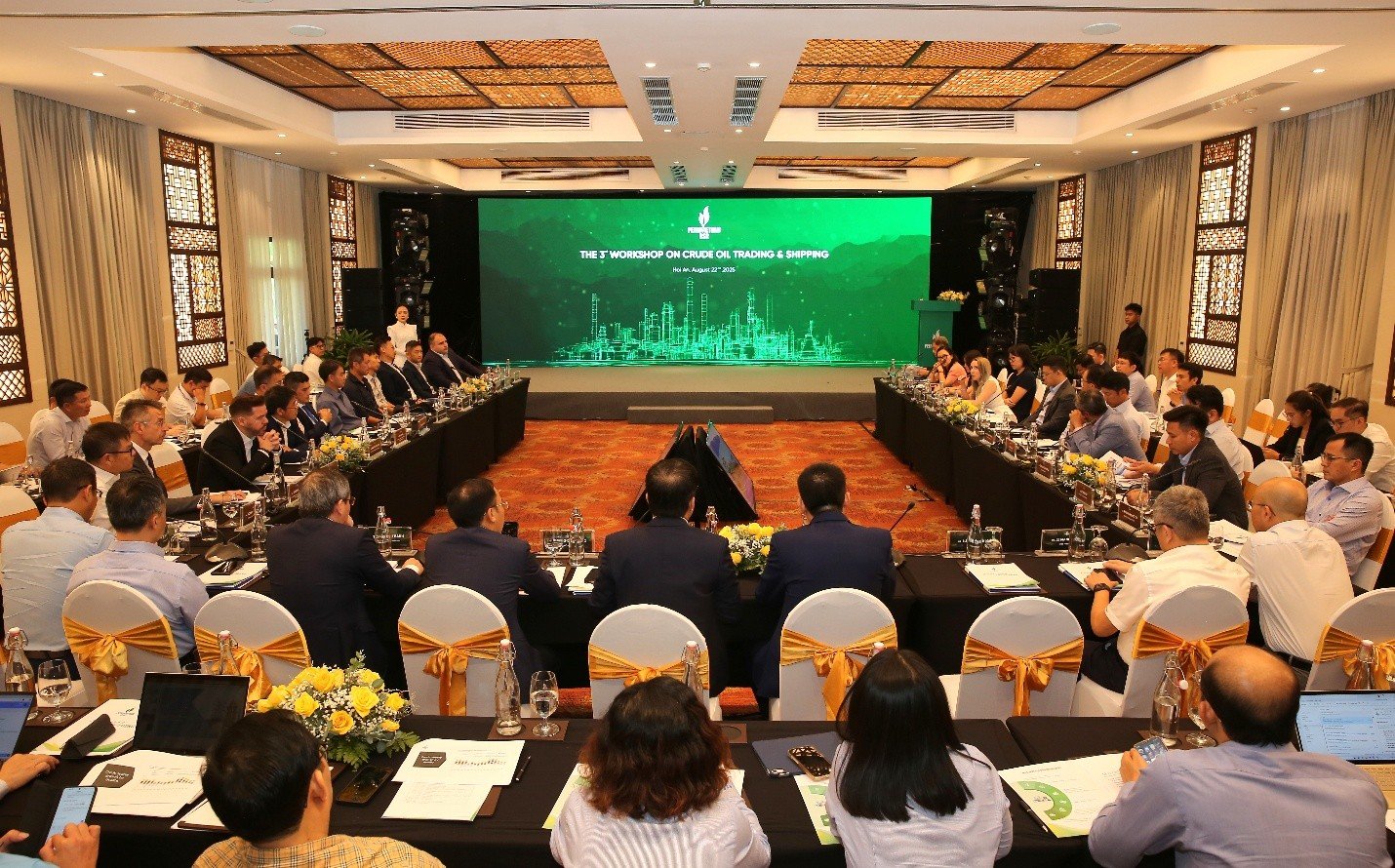






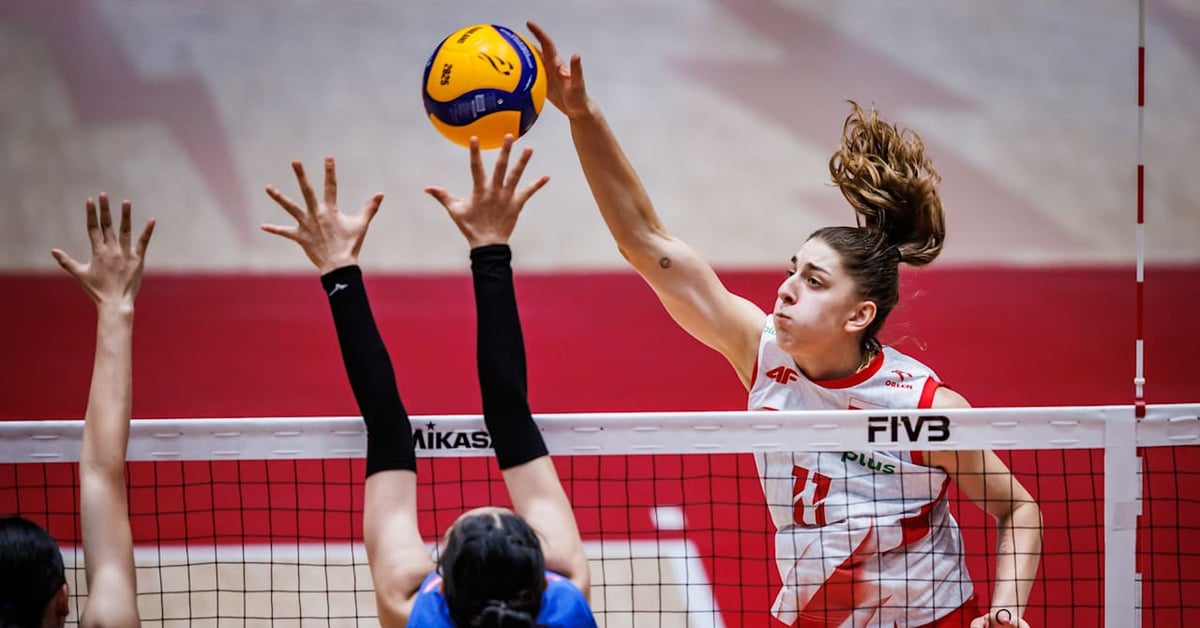



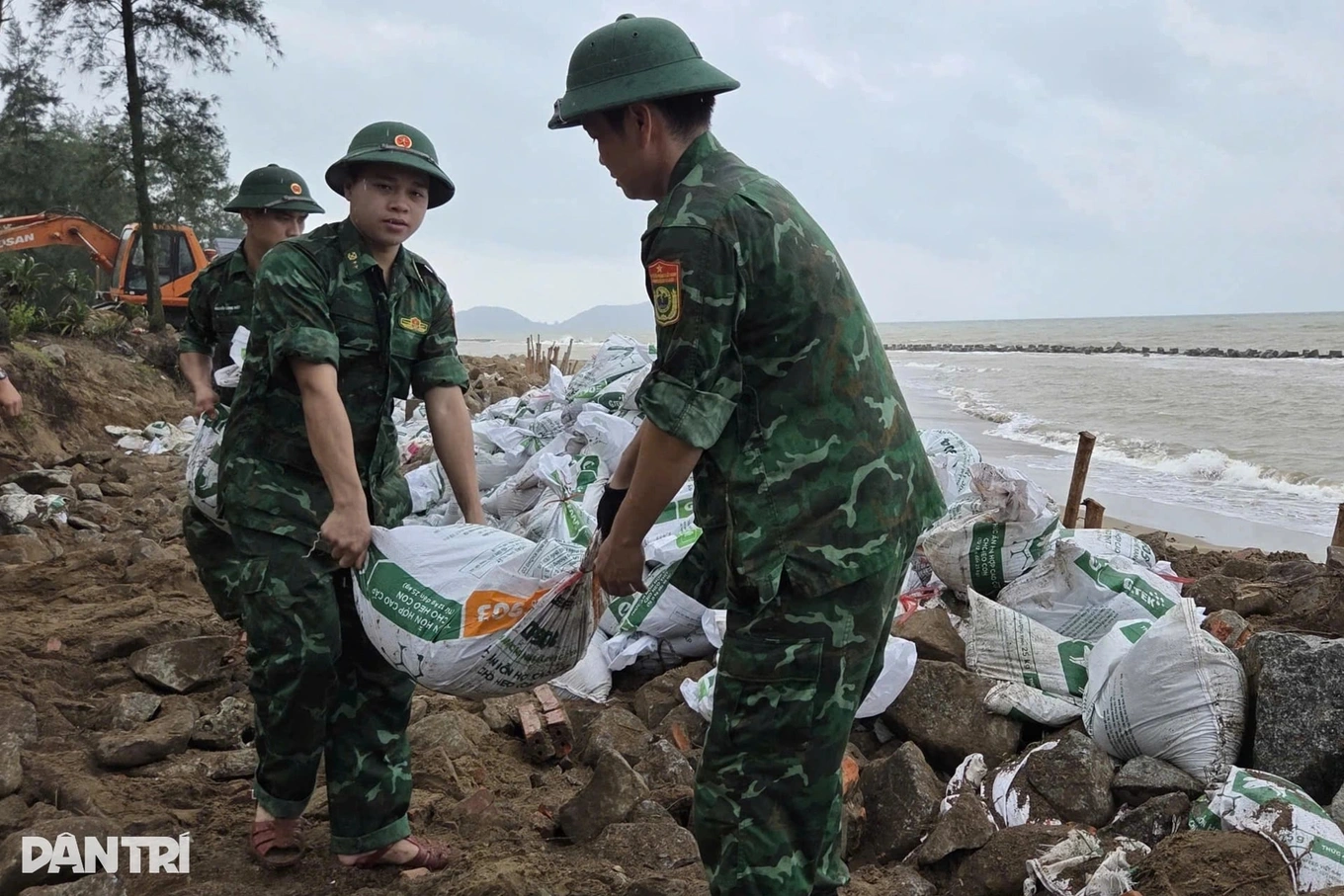


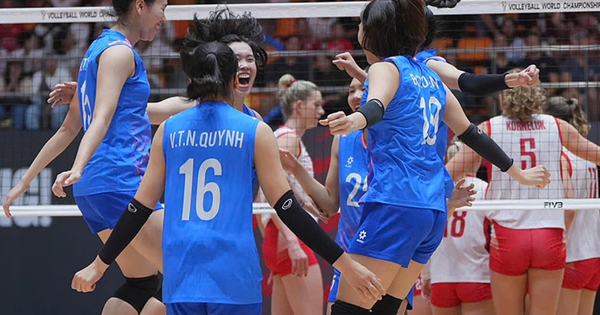

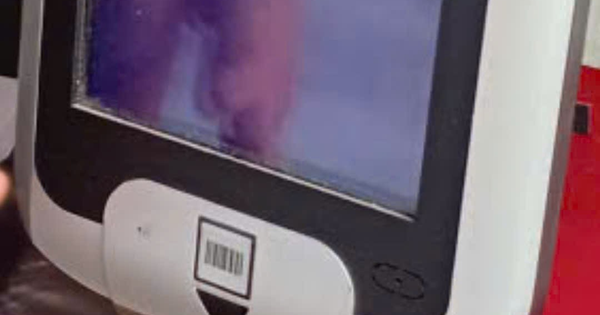


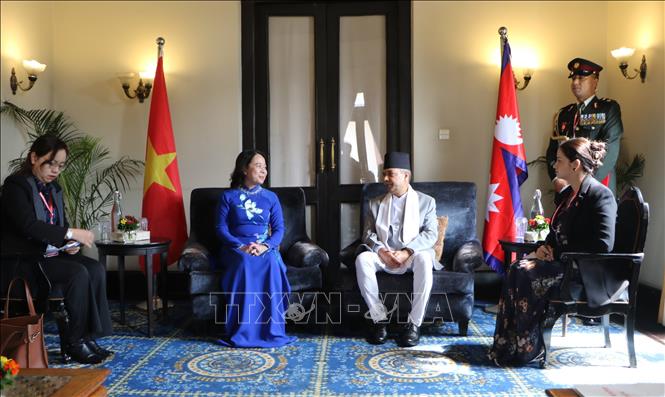

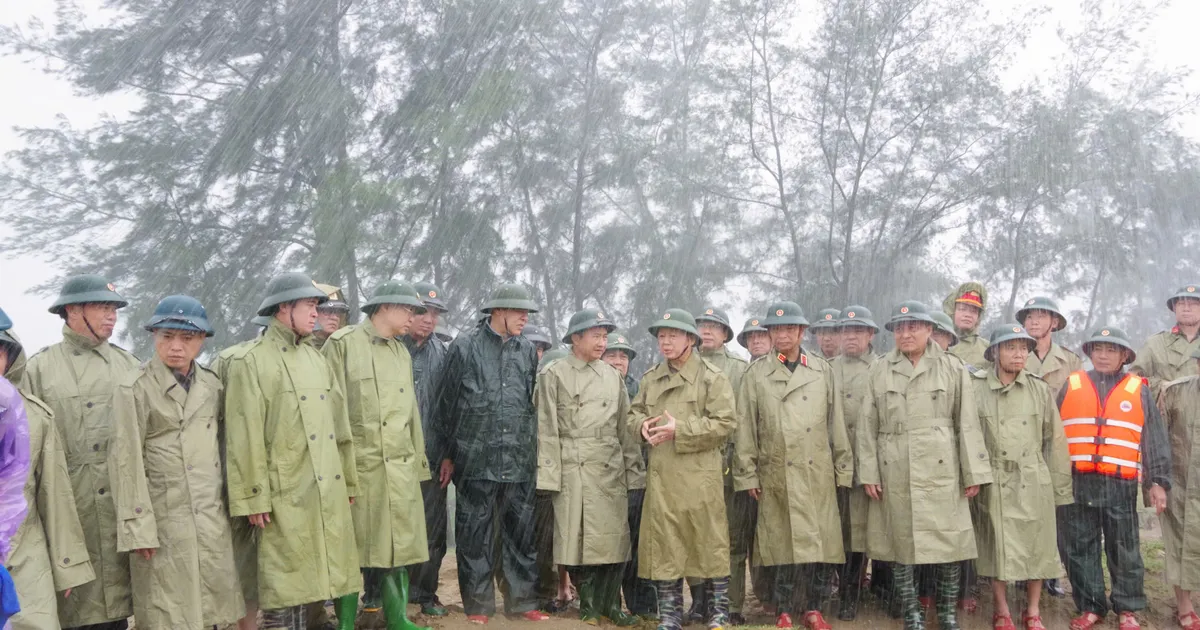

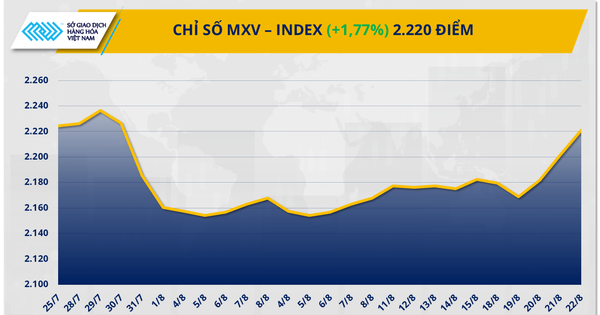



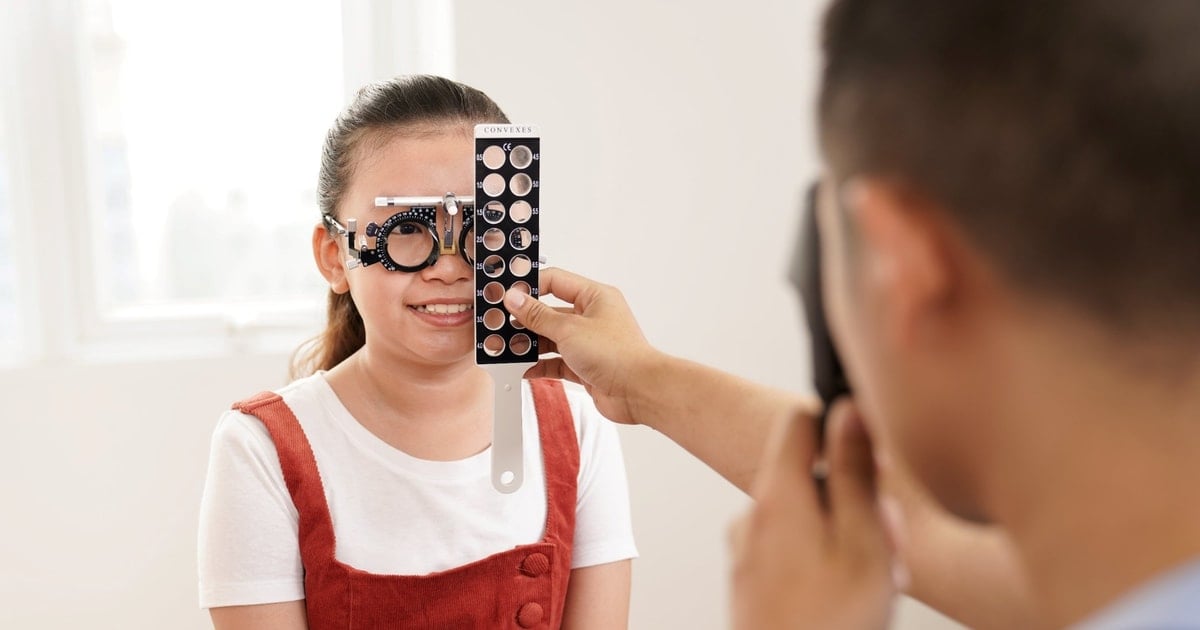
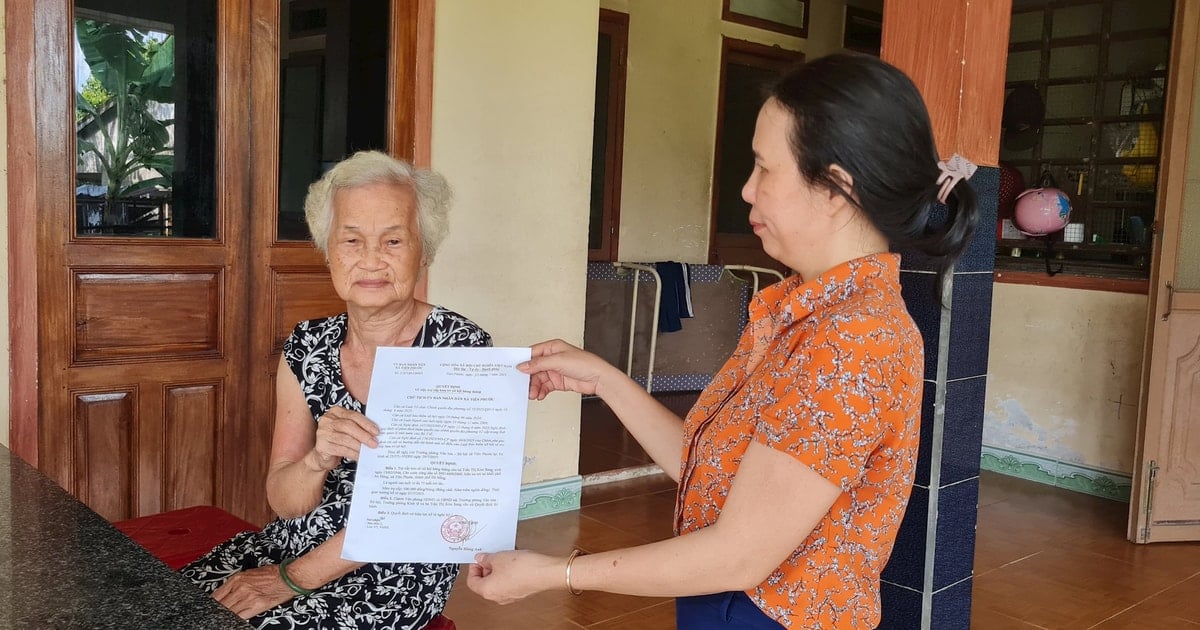
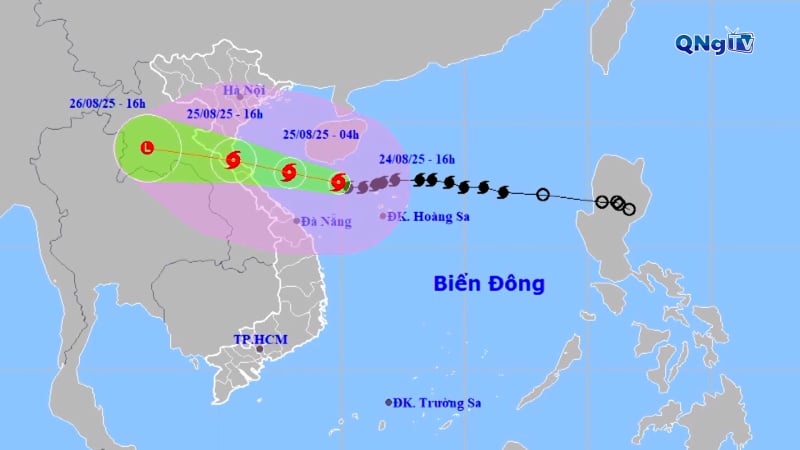
















Comment (0)